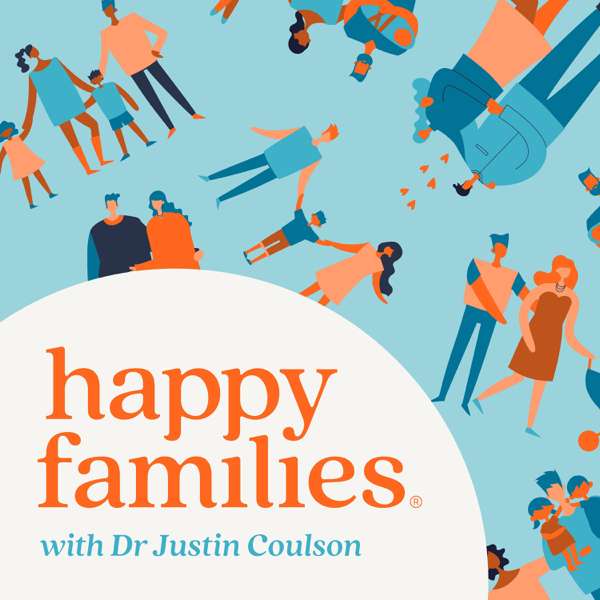From overdivorce.com
Tom and Adrian sit with Atlanta family law attorney Louis Tesser.
Louis decries the different types of clients and cases he deals with. He then walks us through the “typical divorce” though Louis makes clear that no divorce is typical. It starts with “being served” then information is exchanged form a simple financial statements to interrogatories and depositions. Louis discusses “the scandal of family law” is that it is very expensive. Most people trust the info they get. Louis reinforces that middle class people’s finances aren’t that complicated. W-2’s create more transparency that can make divorce more simple.
Tom reinforces the idea that interrogatory process is torturous.
The group discuss private investigators. Louis contends that P.I.’s are often honest dispute the tendency to distrust. Louis also points out that many behaviors are not as black and white as they might appear. In Georgia, for example adultery doesn’t mean that one who is cheated on does not
Adrian observes that even in a “Matlock case” Private Investigators are rarely helpful and Louis suggests that while that may be true, in cases of alcoholism or drug abuse the use of private investigators to uncover behavior dangerous to children may be essential as people with drug and alcohol problems are skilled at hiding their bad behavior
Louis discusses the jury trial divorce that exists in Georgia, even though almost all other stated adjudicate solely through judges.
Louis explains the typical process for mediation and describes what makes a good mediator. Louis describes the value of certainty, and warned about “fights you don’t need to have”. Louis reminds prospective divorcees that rarely do thing turn out the way one expects regardless of what is known
Tom and louis discuss the apparent ‘capriciousness” of court decisions. Louis rebuts that capricious is a bad term as it implies fancy and whim and that judges do have the best interests of all involved.
Louis reminds the listener that moral judgements are rarely at the core of judges decisions and that practicality typically drives decisions in marital law.
Tom draws a distinction between the divorcing parties being obsessed with the past while judges, juries, mediators, and other officials of the State shared with settling these matters are more concerned with looking forward.
Adrian quips about judicial corruption. Louis points out that in his experience corruption is very rare. he does acknowledge that, in rural areas, support for judicial campaigns may have an effect on outcomes but is unlikely to swing decisions,
Louis suggests that court experience is a good yard stick of experience for selecting representation. He also suggest avoiding excessive litigation and to match your needs to your situation
Louis reminds the litterer that your privileges as a married person are going away. The key is not to extend things out. Louis reminds the listeners to be reasonable in the face of very emotional elements. Adrian points out that emotions become chess pieces in negotiations.
Louis closes with the observation that pretty much everyone goes into marriage honestly and that rebound relationships are very risky. Tom proffers a litmus test where a new partner might be assessed by the amount of drama they bring to the divorce.
A transcript for this podcast is available here
The post An Attorney Walks Into a Podcast- The Over Divorce Podcast appeared first on OverDivorce.

 Our TOPPODCAST Picks
Our TOPPODCAST Picks  Stay Connected
Stay Connected







